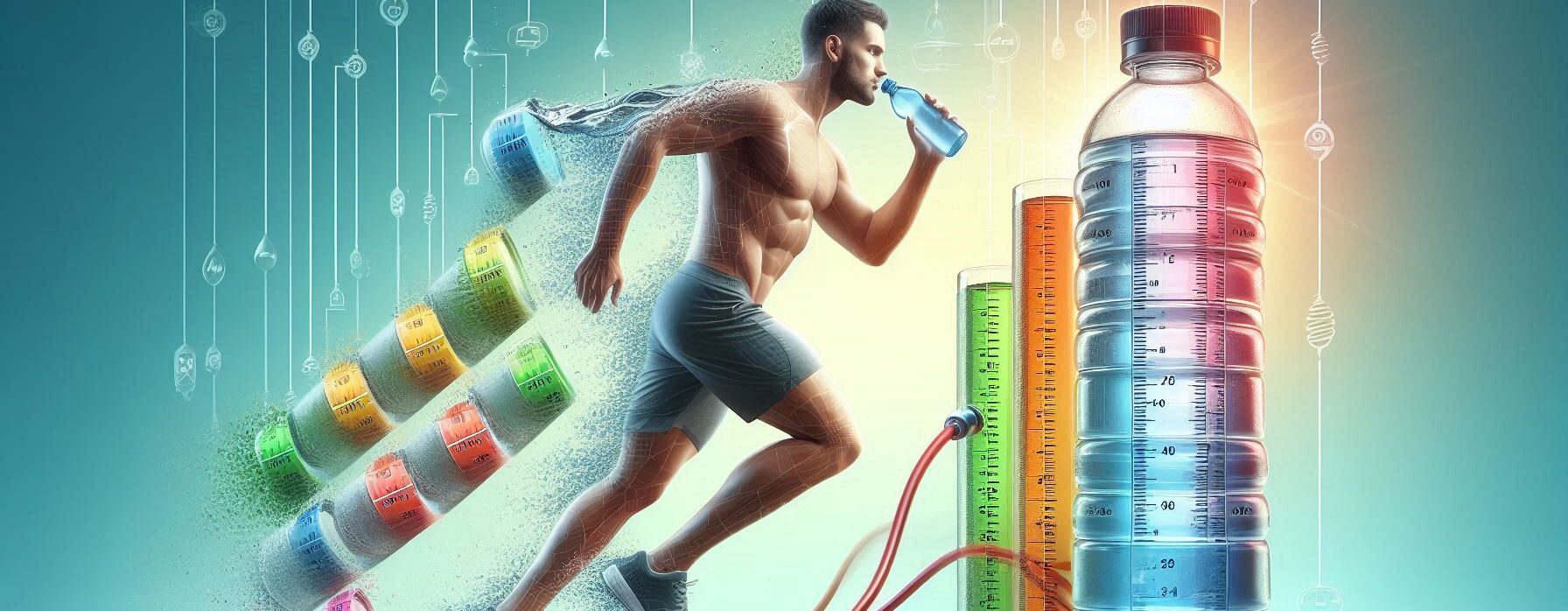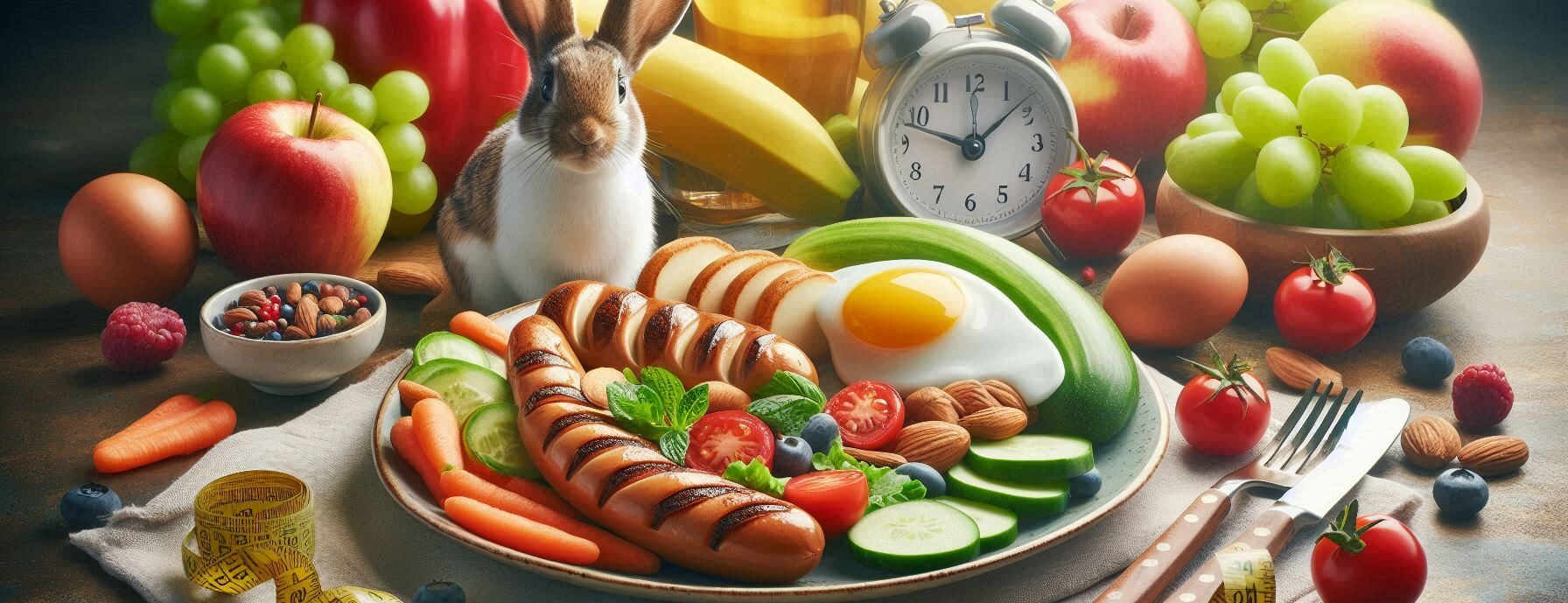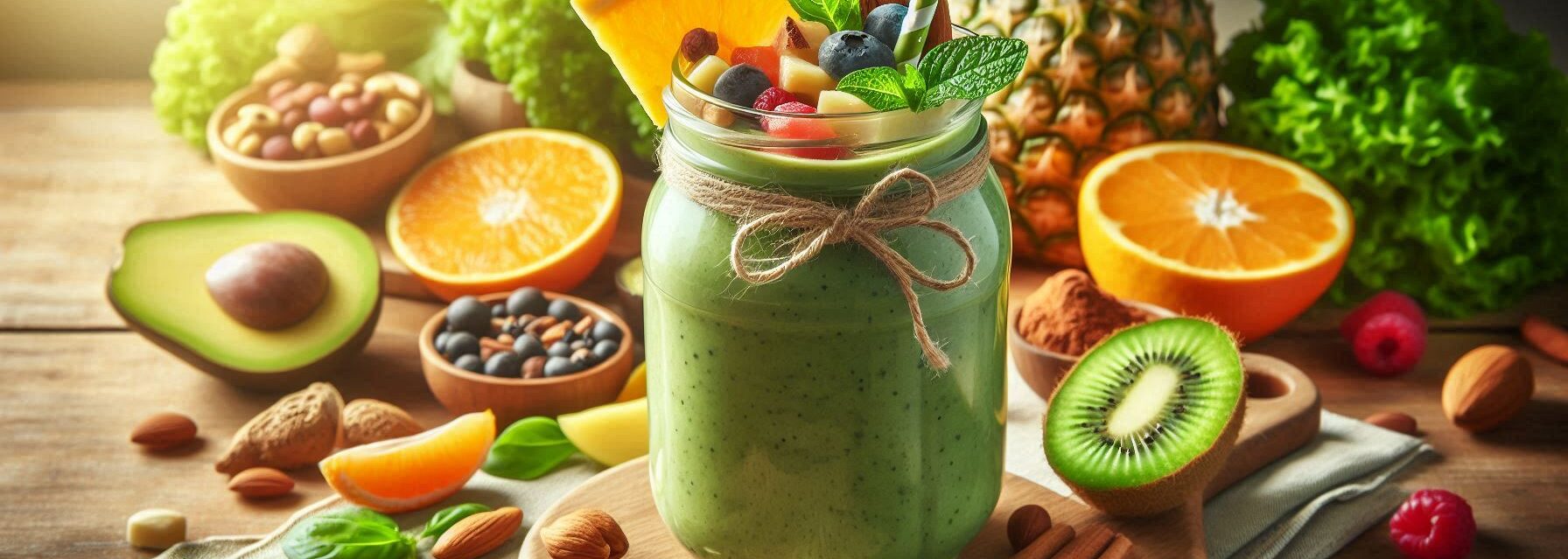Let’s dive into the world of hydration and fat loss! You might be thinking, “What do water and weight loss have in common?”
Well, my friend, grab a glass of H2O (or whatever you're drinking) because we’re about to quench your thirst for knowledge—and maybe even lose a few pounds along the way!
Top Takeaways and Key Concepts
Drink water before meals: Helps control portion sizes and reduces unnecessary snacking.
Aim for 8×8 daily rule: Adjust intake based on activity level, climate, and personal needs.
Support metabolism with hydration: Cold water slightly boosts calorie burning and energy during exercise.
Eat water-rich foods: Include cucumbers, watermelon, and oranges to stay hydrated and nutrient-rich.
Watch for dehydration signs: Fatigue, headaches, and dark urine indicate you need more fluids.
Summary of This Article
The article emphasizes the critical role of hydration in supporting weight loss and overall health. Drinking water before meals can reduce appetite and help manage portion sizes, while staying consistently hydrated supports metabolism, energy levels, and exercise performance. Water-rich foods like fruits and vegetables further contribute to hydration and provide essential nutrients. Monitoring signs of dehydration, such as dark urine or fatigue, ensures adequate intake. Overall, combining regular fluid consumption with mindful eating and activity enhances fat loss efforts and keeps the body functioning optimally.
1. Water: The Unsung Hero of Weight Loss
Please Note: This post may contain affiliate links. If you click one of them, we may receive a commission at no extra cost to you. As an Amazon Associate, I earn from qualifying purchases.

First off, let’s give a round of applause to our hero—water! Yes, that clear liquid you often forget exists until you’re parched after eating an entire bag of chips. It turns out that staying hydrated is like having a secret weapon in your weight-loss arsenal.
You see, when you're well-hydrated, your body operates more efficiently. Think of it as putting premium gas in your car instead of that questionable stuff from the bottom shelf at the gas station.
When we’re dehydrated, our bodies can confuse thirst with hunger. So there I was one afternoon, munching on what I thought were healthy snacks when really all I needed was a big glass of water!
Spoiler alert: those carrot sticks didn’t satisfy my cravings nearly as much as they could have if I’d just chugged some H2O first.
Interestingly enough, drinking water before meals can help control portion sizes too! That’s right—if you sip some water beforehand, you might find yourself feeling fuller faster. Who knew? Suddenly, those three slices of pizza look less appealing next to a refreshing glass of aqua!
2. How Much Water Do You Really Need?
Now that we've established that water is pretty fantastic (seriously, it's not just for fish), how much should you actually drink?
Honestly, it feels like everyone has their own opinion on this subject—it’s like trying to figure out how many licks it takes to get to the center of a Tootsie Pop.
A good rule of thumb is to aim for eight 8-ounce glasses daily—often referred to as the “8×8” rule. But let's be real; sometimes I’m lucky if I remember my morning coffee!
Factors such as activity level and climate play significant roles too; if you’re sweating buckets during workouts or living in the Sahara Desert (okay, maybe not literally), you'll need more.
By the way, don’t wait until you're thirsty to drink! Thirst is basically your body's way of saying you've waited too long—like waiting until Halloween night to buy candy only to find it's all gone! So keep sipping throughout the day—your body will thank you later.
3. Hydration's Role in Metabolism
Speaking of thanking your body…let's chat about metabolism because hydration plays a key role here too!
Did you know that drinking cold water can actually boost your metabolism? It's true! Your body burns calories warming up that chilly liquid—so essentially every sip counts toward your fat-burning efforts.
To be fair though; don't expect miracles overnight just by guzzling gallons of ice-cold water while lounging on the couch watching cat videos (as tempting as that sounds).
While hydration helps support metabolic function and energy levels during exercise—it won't magically melt away pounds without some effort on your part.
And then there's also this little gem: dehydration can lead to fatigue and sluggishness—which are NOT ideal when you're trying to get fit. Trust me; no one wants to feel like they're dragging through molasses while attempting squats at the gym!
4. Water-Rich Foods: A Delicious Way to Hydrate
Okay folks, let’s talk about food because who doesn’t love food? Interestingly enough, many fruits and vegetables are packed with water content and can contribute significantly toward meeting our hydration goals while helping us shed those pesky pounds.
For example, cucumbers are practically made up entirely of water—they're like nature's version of an air conditioner but tastier! And watermelon? Let’s just say it should win an award for being both hydrating and deliciously sweet—a perfect summer treat!
Incorporating these foods into your diet not only helps keep things interesting but also adds essential nutrients alongside hydration benefits.
All things considered; snacking on fruits like oranges or strawberries is way better than reaching for another bag of chips…unless they’re kale chips (I guess those count).
5. Signs You're Not Drinking Enough Water
So now we know why hydration matters—but how do you know if you're falling short? One telltale sign is dark urine—you want something closer to lemonade than apple juice down there!
If you're feeling fatigued or experiencing headaches frequently—those may also signal dehydration knocking at your door.
Honestly though—the best way I've found is simply listening to my body. If I'm feeling cranky or sluggish after several hours without any fluids (and no amount of caffeine seems effective), it's time for me to refill my trusty water bottle!
And speaking of which…always carry around a reusable bottle filled with fresh water wherever you go—it serves two purposes: staying hydrated AND giving people something else besides your face to look at during awkward elevator rides!
Suggested Resources:
Hydration Tips for Weight Loss
https://www.healthline.com/nutrition/hydration-weight-loss
How Much Water Should You Drink Per Day?
https://www.medicalnewstoday.com/articles/306478
The Benefits Of Staying Hydrated
https://www.webmd.com/diet/features/the-benefits-of-water
Frequently Asked Questions
How does drinking water help with fat loss?
Drinking water can reduce hunger, improve portion control, and support metabolic function. Proper hydration also boosts energy for physical activity.
How much water should I drink daily for weight loss?
Aim for about eight 8-ounce glasses daily, adjusting for activity level, climate, and individual needs to stay properly hydrated.
Does drinking water before meals reduce appetite?
Yes. Consuming water before meals can increase fullness, helping you manage portion sizes and reduce unnecessary snacking.
Can hydration improve metabolism?
Proper hydration supports metabolic efficiency, and drinking cold water may slightly increase calorie burning as the body warms it.
What foods help keep me hydrated?
Water-rich foods like cucumbers, oranges, strawberries, and watermelon boost hydration while providing essential vitamins and fiber.
What are signs that I’m dehydrated?
Common signs include dark urine, fatigue, headaches, dizziness, and increased hunger that may actually be thirst.
Can dehydration affect weight loss progress?
Yes. Dehydration can cause fatigue, reduce workout performance, and trigger cravings that interfere with fat loss goals.

Kevin Collier is a dedicated health enthusiast and writer for FatFAQ.com, where he shares his expertise on weight loss and maintaining a healthy lifestyle. With a focus on practical tips and evidence-based strategies, Kevin aims to inspire readers to achieve their health goals through informed choices. His engaging articles cover nutrition, exercise, and holistic wellness, providing valuable resources for anyone looking to improve their well-being. Passionate about helping others transform their lives, Kevin advocates for sustainable habits that promote lasting health and vitality.




